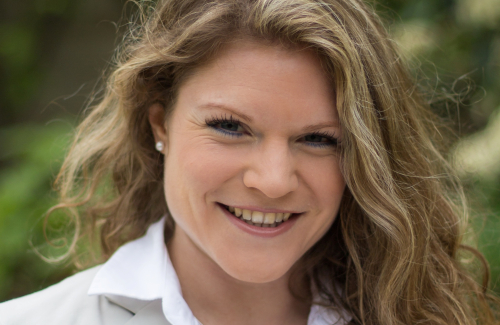More Pembroke news
A Future for Languages in Schools? LCLC conference held at Pembroke
NEWS |
This colloquium, on 3rd July, organised by the London Centre for Languages and Cultures (LCLC) and hosted at Pembroke College, brought together representatives from language projects to share their findings with those who are concerned about the state of language learning in the UK, including senior figures from twelve universities, ten schools, the three main examinations boards, the European Commission, the British Academy and representatives from the Welsh and Scottish governments.
The colloquium was launched with a keynote speech from Peter Horrocks, Vice Chancellor of the Open University and former Director of the BBC World Service. He outlined the value of languages, with particular examples from the BBC and the Open University, such as the impact of the BBC's bi-lingual training programme, which has led to better inter-cultural understanding of news stories. The Open University's Open Learn platform, teachers’ resources and the pioneering use of technology, such as MOOCs, has also impacted many language learners in the UK and worldwide.
A presentation was given by Kathryn Board and Teresa Tinsley, the authors of the Language Trends Survey Report 2014-15. This report, published annually since 2002, tracks the depressing decline in language learning and delegates received a grim picture of the realities and challenges of language teaching in schools today. Some of the report’s findings included: the tendency to exclude certain pupils from language learning, the negative impact of performance measures and assessment systems on languages and the wider social attitudes that demonstrate a lack of understanding of the value of languages generally.
The afternoon sessions included presentations of the work of LCLC and a range of other projects funded by the London Schools Excellence Fund. This provided an insight into schemes to teach and empower KS2 teachers in language learning, to bring Latin into primary schools, to develop partnerships between schools and universities, to encourage peer-to-peer learning and to increase passion and attainment. These presentations breathed an air of positivity into what seems to be a desperate situation. Those presenting had seen first-hand the transformative impact of their programmes and were all determined to continue beyond the end of the funding.
The delegates met in three working groups (schools, universities, policy makers) to debate and discuss the issues and possible actions. The findings and suggestions from these groups were drawn together for the final plenary session, in which concrete proposals on the shaping of language policy were set out. These will be drawn together and published by the LCLC later in the summer, with the hope of effecting real change in the world of language education in this country.

